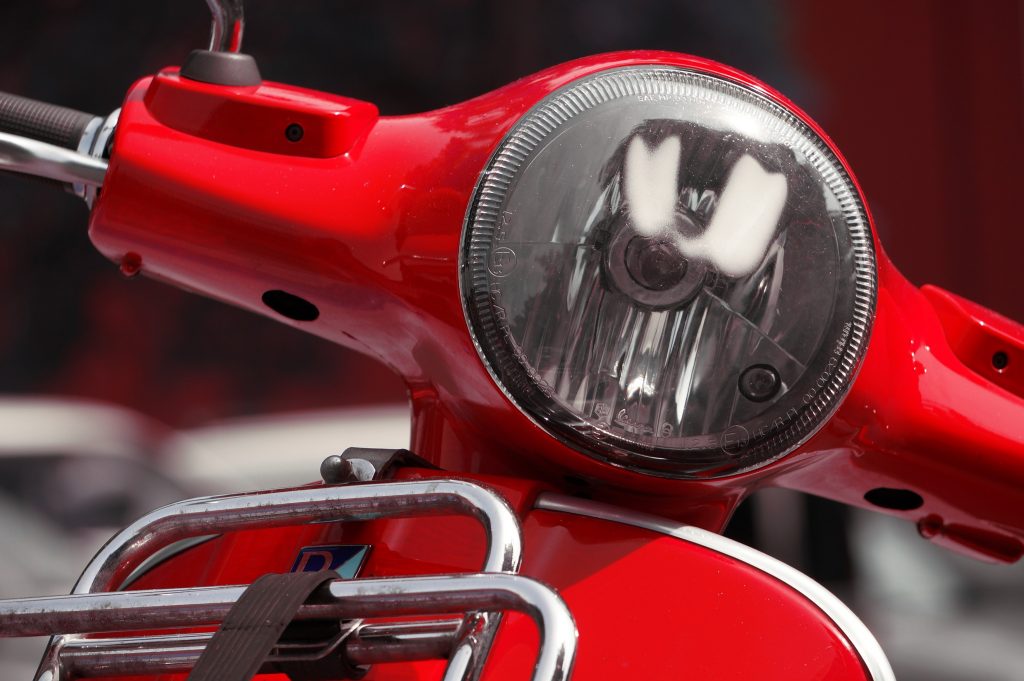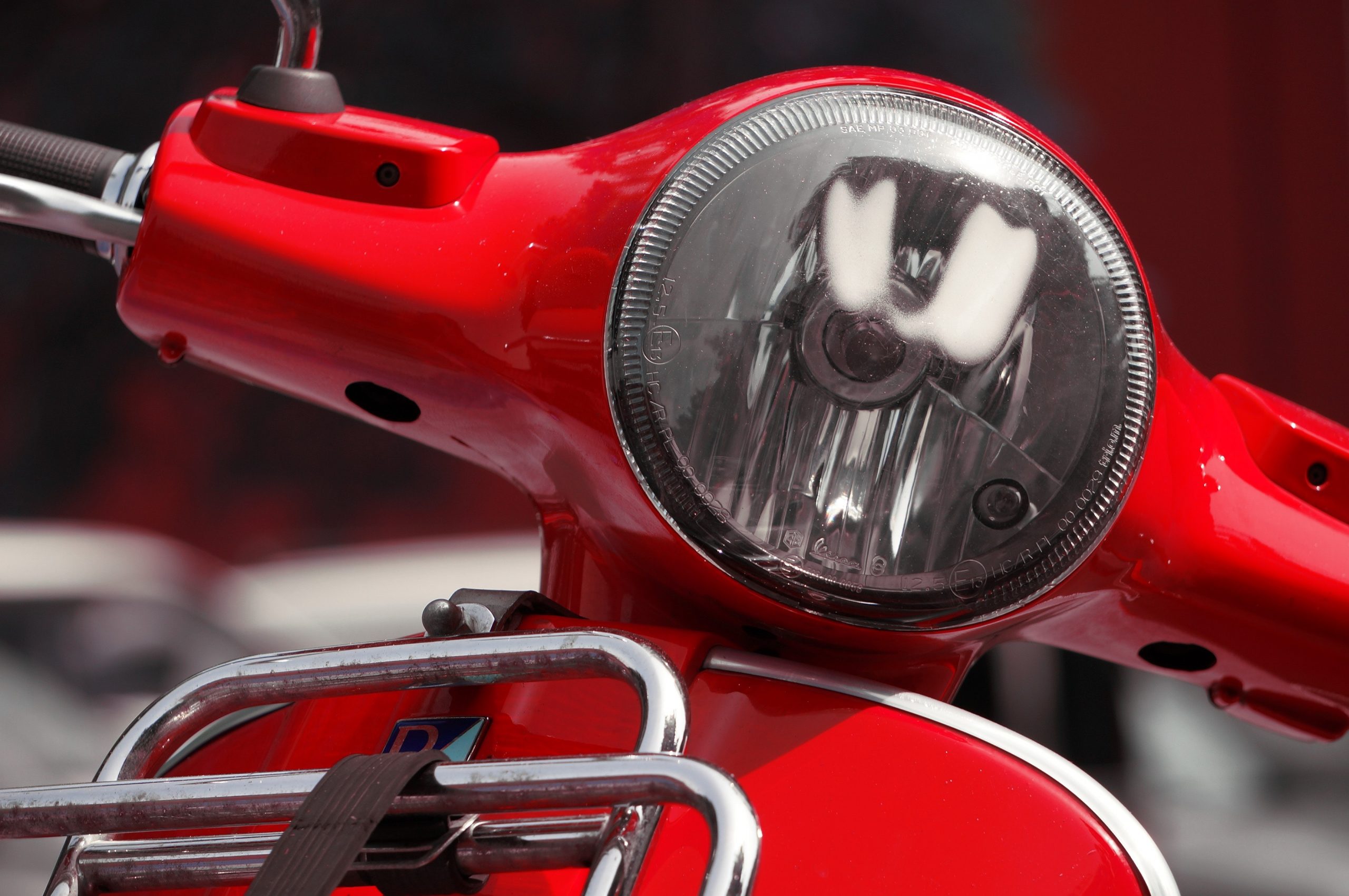Don't miss our holiday offer - 20% OFF!

Read also : Enhancing Electric Motor Efficiency with Energy Quality Sensors
In the ever-evolving digital age, the Internet of Things (IoT) has become key to monitoring and maintaining industrial equipment, including electric motors. One crucial type of sensor in monitoring electric motors is the vibration sensor. This article will unveil how IoT vibration sensors work and how they can accurately reveal the condition of electric motors.
Contents
What Are IoT Vibration Sensors?

Read also : Security and Preparedness Enhanced by Smart EWS Technology
IoT vibration sensors are specialized devices designed to detect and measure the vibrations generated by electric motors. They can convert these vibrations into analyzable data to assess the health and performance of motors. With the use of these sensors, monitoring electric motors becomes more effective, enabling necessary preventive actions to prevent damage and unwanted downtime.
How IoT Vibration Sensors Work

Read also : Energy Efficiency in Hospitals: Implementing IoT for Sustainability
IoT sensors operate by measuring three main parameters: amplitude (vibration magnitude), frequency (number of vibrations per second), and vibration direction. Here are the key steps in their operation:
Vibration Detection
IoT sensors are positioned on the electric motor or the equipment under surveillance. As the motor operates, they detect the vibrations produced by motor components and associated equipment.
Conversion into Electrical Signals
After detecting vibrations, this data is converted into measurable and processable electrical signals.
Data Processing
The vibration data, converted into electrical signals, is then processed by electronic devices connected to the sensor. This could be a microcontroller or a computer device connected through the IoT network.
Data Analysis
During the analysis process, we evaluate the vibration data to identify abnormal patterns or signs of issues with the electric motor. Users can set specific thresholds, and if these thresholds exceed, the system activates alerts or initiates further corrective actions.
Reporting and Action
The results of the vibration data analysis recorded by the sensor can be monitored in real-time or accessed through the IoT platform. If the sensor detects problems or significant changes in motor vibrations, the system can send alerts to owners or technicians for appropriate corrective actions.
Benefits of IoT Vibration Sensors

Read also : Automated Parking Concept: Smart Solution for Availability
Using IoT vibration sensors in monitoring electric motors offers several benefits, including:
- Early Problem Detection: IoT vibration sensors enable early detection of issues with electric motors, preventing further damage and production downtime.
- Scheduled Maintenance: With accurate data, motor owners can plan scheduled maintenance, reducing unexpected emergency maintenance costs.
- Improved Performance: Enhanced monitoring can help improve the performance of electric motors, reduce energy consumption, and extend their lifespan.
- Resource Optimization: Avoiding unnecessary breakdowns helps optimize resource usage and reduces waste.
Conclusion

Read also : Gas Sensors : Monitor the Health and Safety of Electric Motors
IoT technology plays a vital role in monitoring the health of electric motors. Its ability to detect vibrations, convert them into data, and provide accurate analysis helps motor owners and operators maintain optimal performance and prevent unwanted damage. With the continuous advancement of IoT technology, monitoring becomes increasingly sophisticated and effective in revealing the condition of electric motors.





